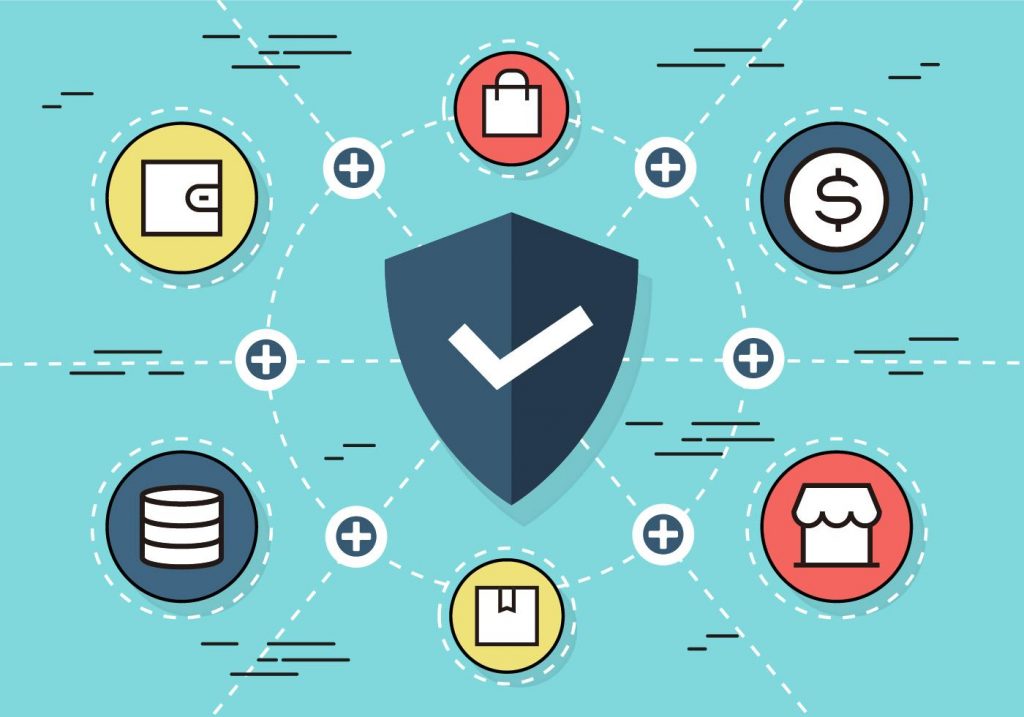Cybersecurity is often seen as a problem for the “big boys”. Data breaches at companies such as Facebook or Target cause hysteria in the media and around the globe. Entrepreneurs starting up a new company cannot lose sight of how crucial cybersecurity is because of the small scale of the business.
Estimates state that one in five small business retailers experience a case of credit card fraud. For a new business, this is often critical with negative consequences potentially lasting for six months after the malicious activity. Credit card fraud is just one of many concerns startup owners may face.
Data breaches pose a significant threat to small businesses, too. With the lack of brand recognition that larger companies enjoy, a loss of customer trust can be detrimental to a startup. A full 60 percent of small businesses that experience some form of data breach end up closing within six months.
Ransomware has hit the big stage of late, locking down the record systems of health care facilities and public utility departments. Ransomware can cost a startup owner on multiple fronts, including the ransom itself and lost business during the lockout.
Small businesses and entrepreneurs that make a profit online must be wary of the threat of DDoS (distributed denial of service) attacks. These attacks can shut down websites and e-commerce portals for an extended period, leading to a significant loss of income.
From our partners:
Startup owners often lack the resources to overcome the devastation of an online security breach. For a small business, keeping data and customer information protected is of the utmost importance. Fortunately, there are measures entrepreneurs can take to ensure the safety of their customers and business.
Steps to Ensure the Online Security of Your Business
Protecting your startup form cybersecurity threats is paramount to the long-term success of your business. Taking steps to ensure the online security of your startup will save a potentially catastrophic hit to your bottom line.
Secure Every Device from the Start
Do not utilize a device for your business that has not had quality anti-virus and anti-malware installed on it from day one. An infected computer, tablet, or phone could divulge sensitive information through emails or banking log-ins.
Many companies allow or encourage employees to use their own devices for business purposes. While this may cut down on costs, it can lead to difficulty in securing your startup against cyber attacks. Consider the value of insisting all business-related matters are handled on a vetted device.
Train Everyone
Most discussions around cybersecurity mention that many security breaches are caused by user error. Every individual that touches the online happenings of your business should be trained in the importance of online security and how to maintain it.
Providing security training creates a culture of taking online security seriously. The better your staff understands how valuable cybersecurity is, the more they will take ownership over it.
Encrypt All Data
Data about your customers and proprietary information should be encrypted at every step of the way. This includes during transmission and as it sits in the database. Investing in ways to encrypt all devices, transmissions, and storage will help keep your startup safe from data breaches.
Control Access
The more people with access to your digital infrastructure, the more likely a data breach will occur. Limit access to those with a business need to have it. For those that leave your startup, ensure privileges are revoked immediately. Change log-ins and passwords frequently and encourage employees not to share them.
Update Regularly
Ensure all your applications, operating systems, and other programs are updated as the developer indicates. Many patches update security protections. Thus, leaving a program unpatched makes your startup immediately susceptible to cyber attacks.
Use MFA for Log-Ins
All log-ins should utilize a multi-factor authentication system to ensure the integrity of your digital infrastructure. This will require a code (typically texted to a separate device) besides the standard password. MFAs are recommended for access to any data storage systems, like clouds or databases.
Consider a Service
If your startup heavily utilizes regulated data or lacks confidence in identifying threats, some companies specialize in these areas. Investing in these services can provide your startup with the added feeling of security and be a selling point to prospective clients.
Allow Cybersecurity and Your Startup to Grow Together
Ideally, your startup will experience growth over time. This growth will lead to different needs in areas like cybersecurity. With a startup, even the slightest change can make a significant impact on the business. Going the extra mile when it comes to cybersecurity can ensure that a digital attack is not the difference maker.













